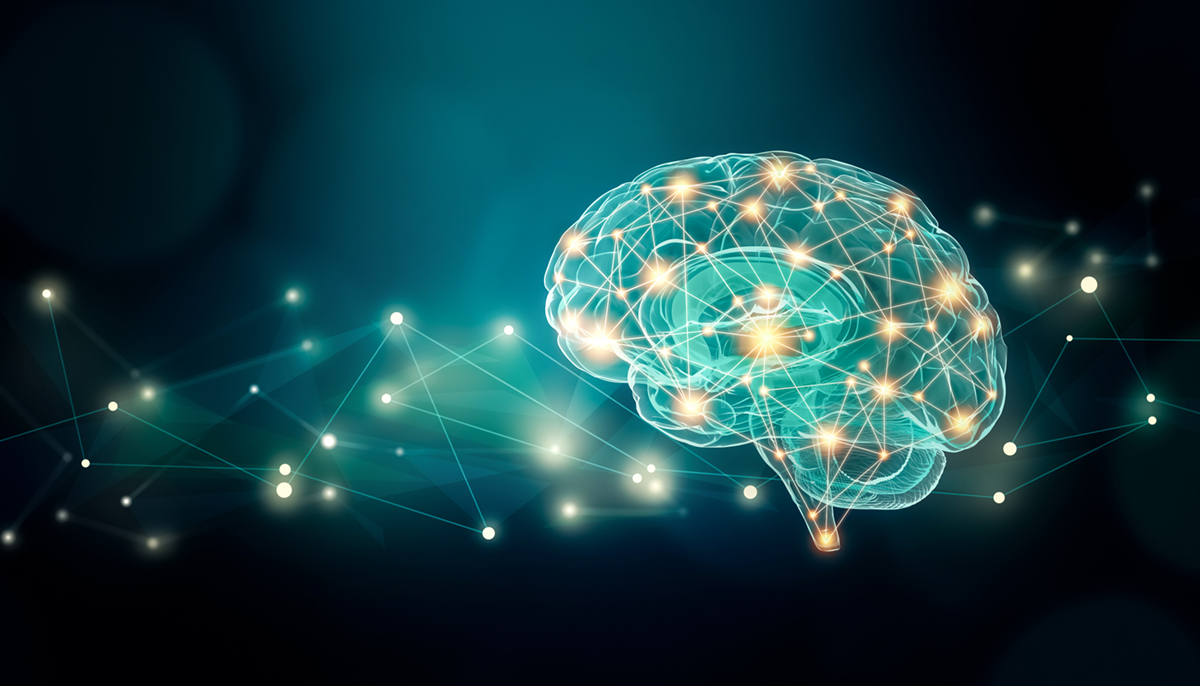Niksen: The Dutch Art of Purposefully Doing Nothing
Niksen: The Dutch Art of Purposefully Doing Nothing
Doing nothing, but with a purpose to do nothing or no purpose at all, may help to decrease anxiety, bring creativity to the surface, and boost productivity. The Dutch have perfected the practice of doing nothing, or “niksen” so well that they are some of the happiest people on earth.
I encourage you to loosen your concept of time and productivity and practice this simple exercise from the Netherlands. Allowing your brain to rewire from stress by doing nothing is a wellness practice worth implementing. If you are sitting in a cafe, you can indulge in some stress-busting niksen but sipping your coffee and looking out the window. Leave your phone in your pocket and let your mind wander. It’s not mindfulness; a better definition would be a short period of mindless relaxation.
What makes the Dutch happier than most people?
Another buzzword “Hygge” comes from Denmark, and refers to being cozy and full of contentment. This tradition is carried down by generations when family members cuddle up in blankets and warm clothing from head to toe and gather by the fireside and candlelight together to enjoy simple pleasures. In Sweden, they value a healthy work-life balance. “Lagom” is their philosophy that everyone should have enough. It means “Not too little. Not too much. Just right.” This term represents their slower-paced, simple life.
Try doing nothing
If mindfulness exercises and meditation are leaving you wondering if you’re doing them right, try niksen. Don’t overthink. Set a time to sit and stare out a window. Allow your mind to wander aimlessly, and let yourself simply, “Be.”
I find that nature helps me achieve niksen. My favorite spot to practice this non-mindfulness exercise is on my screened porch. It’s quiet there, and I can concentrate on the nothingness of the crickets chirping or the frogs croaking.
My mind will wander until I lose track of time. Make sure to leave cell phones and other distractions behind. Focus on a cloud, a tree or a bird perched silently on a limb. Listen to the rain or concentrate on the cicadas buzzing.
What’s the science behind the benefits of doing nothing?
Why will making sure you regularly do nothing increase your feelings of happiness? Unproductive time can make us healthier and happier, according to science. When we remain idle with no agenda, we turn on the creativity centers in the brain. People experiencing work stress and burnout at a coaching center in the Netherlands reported decreased feelings of stress and increased happiness when they practiced niksen versus when they didn’t practice it regularly.
Why do we resist doing nothing?
Perhaps it attests to how busy our society has become in the United States that we think it “lazy” to practice niksen. When students were asked to practice niksen during their meditation and mindfulness practice for five short minutes, many felt they had “too much to do,” felt like it was the lazy thing to do and didn’t associate it with productivity increases, as the Dutch do.

